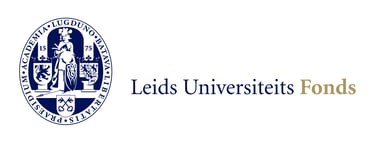I love XYZ
Emanuele Cauti
3/13/2025
This project is about the danger of loss or misrepresentation of a city’s cultural identity because of mass tourism. Budapest is used as a case study. The Hungarian capital is a wonderful city. It is also a city that does its best to meet the expectations of the many tourists who visit each year. The city has embraced its role as a hub for tourist activities and souvenir markets which are always well-attended. However, Budapest is a city so rich in culture and history that, in an ideal world, it certainly wouldn’t need to cater to the uniform demands of global tourism. A part of the city’s magic is hidden beneath the omnipresent veil of consumerism, which undeniably benefits the city and its people financially, but may also come at the expense of its authenticity. Obviously, Budapest is only one example of this broader development. When a city wholeheartedly embraces its role as a destination for mass tourism and adapts to meet all the tourists’ needs it risks losing a part of its essence. If it engages too much in the competition of providing clients with the best possible service, it may push what really makes the place unique out of sight. The commitment to offering universal comfort to people from all over the world has given birth to a process of homogenization among many tourist destinations. A prime example of this trend is beach resorts —whether in Spain, Greece, or Egypt, the differences are minimal for tourists. How much variety can there truly be? While the countries themselves are very different from one another, the tourist experience, in terms of activities and amenities, remains largely the same. Now, beach resorts are very specific, have a clear target audience and may be more easily justified in offering similar kinds of stays. Cities, however, are very diverse, as they essentially are shared spaces of local culture and community. Hence, there can be a significant loss in authenticity if meeting the demands of transient visitors is declared the top priority, instead of preserving the local way of life. If, on the tourist’s side, traveling were just an activity resulting from the pure curiosity to get to know something new, maybe this development wouldn’t take place as described. Traveling nowadays has changed in meaning. A century ago traveling was more about exploration and discovery, while its modern twin - tourism - stands for a commercialized and standardized break from everyday life. Mass tourism has led to people going to new places but doing the same things: visiting landmarks, taking photos and buying souvenirs. It is but within this frame of experience that the modern tourist wants to expand the personal point of view. Familiarity and convenience have become more important than the pursuit of real cultural exchange. Cities adapt to this culture because it is what people want: to collect places and showcase their collection through magnets on their fridge, funny keychains, a mug on their desk, or a white t- shirt that says "I LOVE XYZ". This commodification of culture shifts the focus away from what makes a city unique turning it into something consumable and interchangeable. So why visit one place specifically? Why Budapest? Why couldn’t it be any other city on the endless bucket-list of must-see places? Are we sure that this kind of tourism lives up to the original spirit of exploration or should we maybe rethink the way we travel nowadays?
Emanuele Cauti
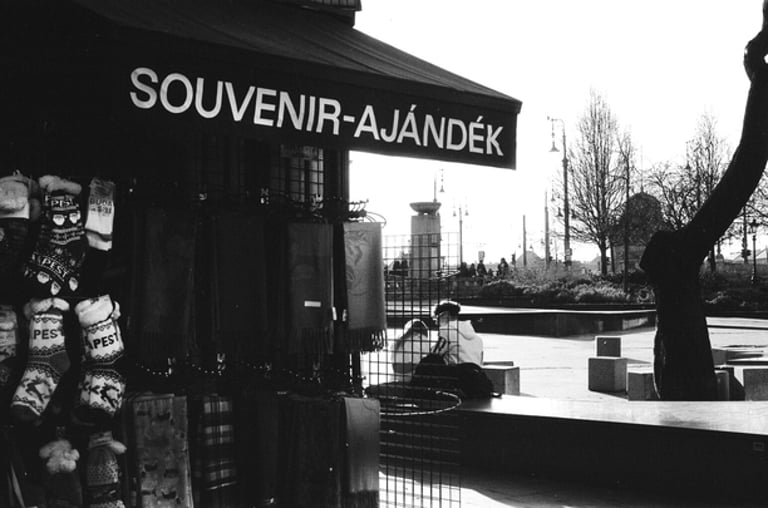
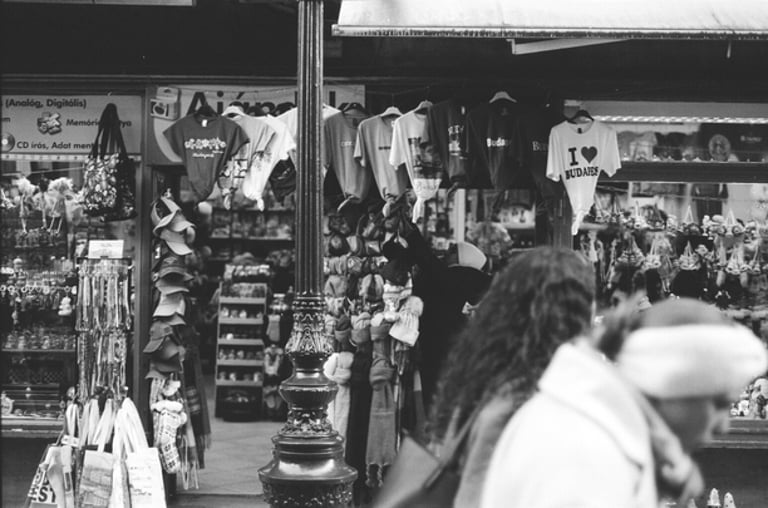
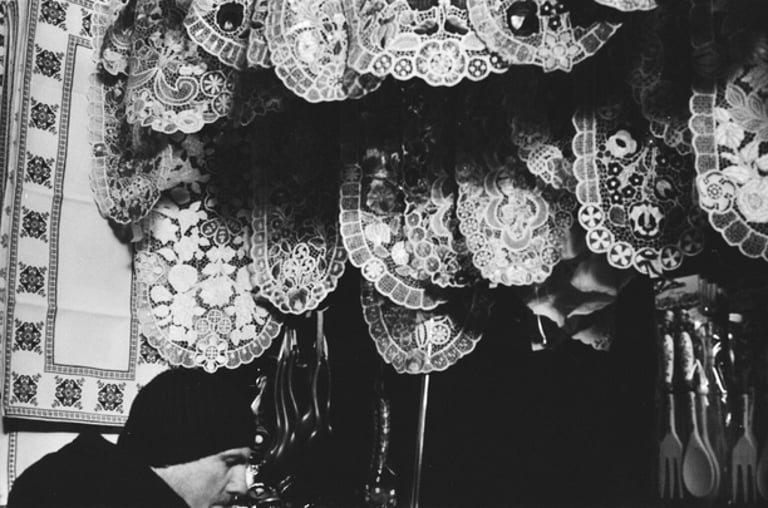
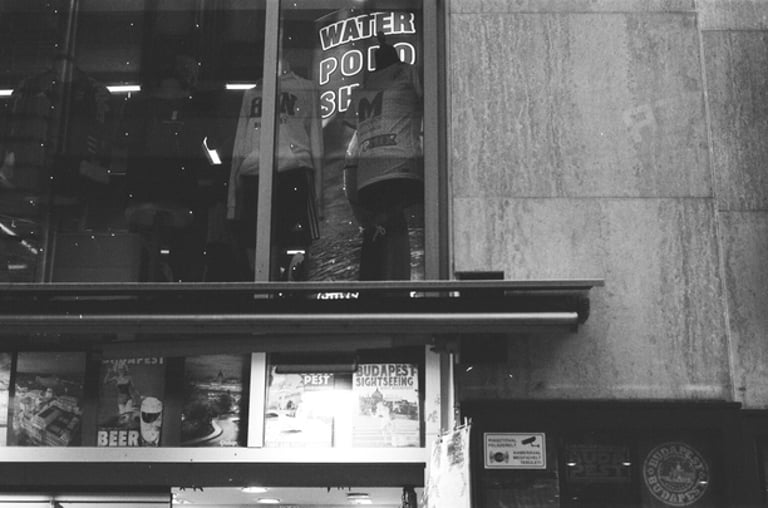
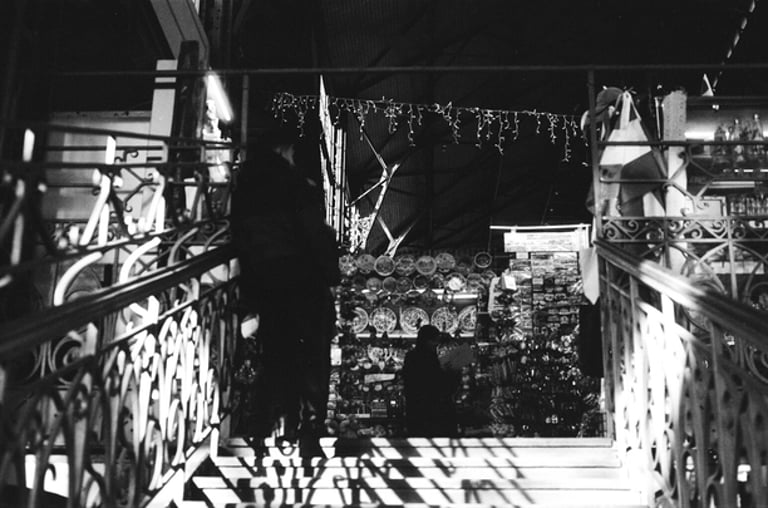
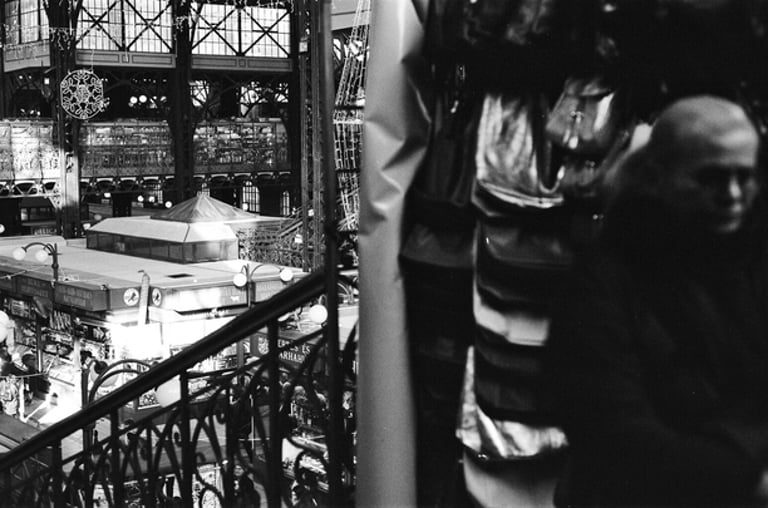
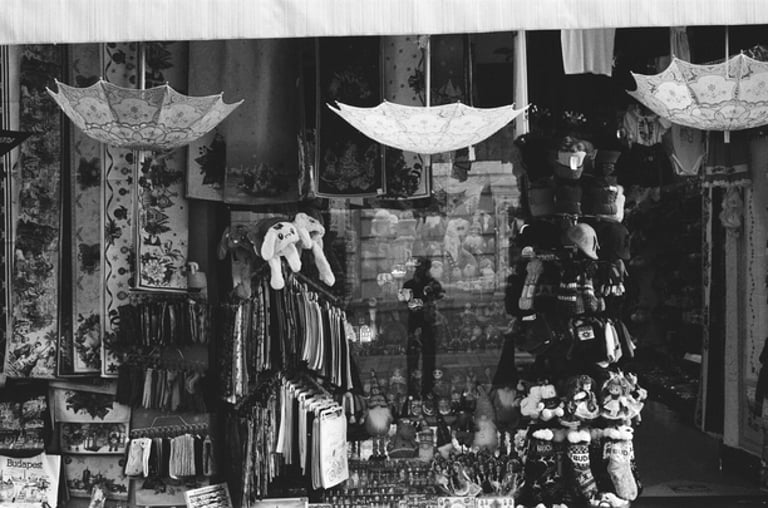

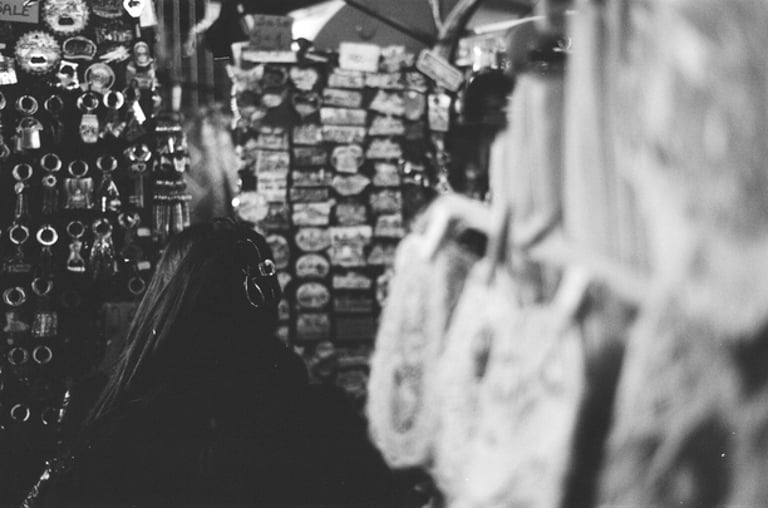
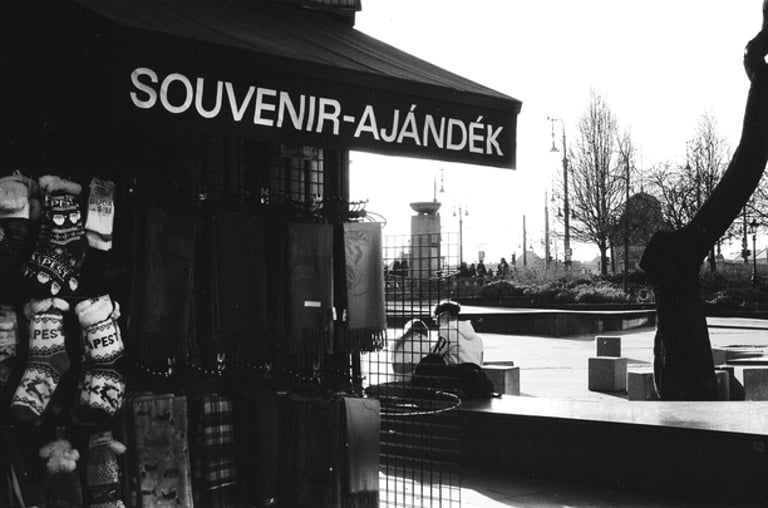










Emanuele Cauti

